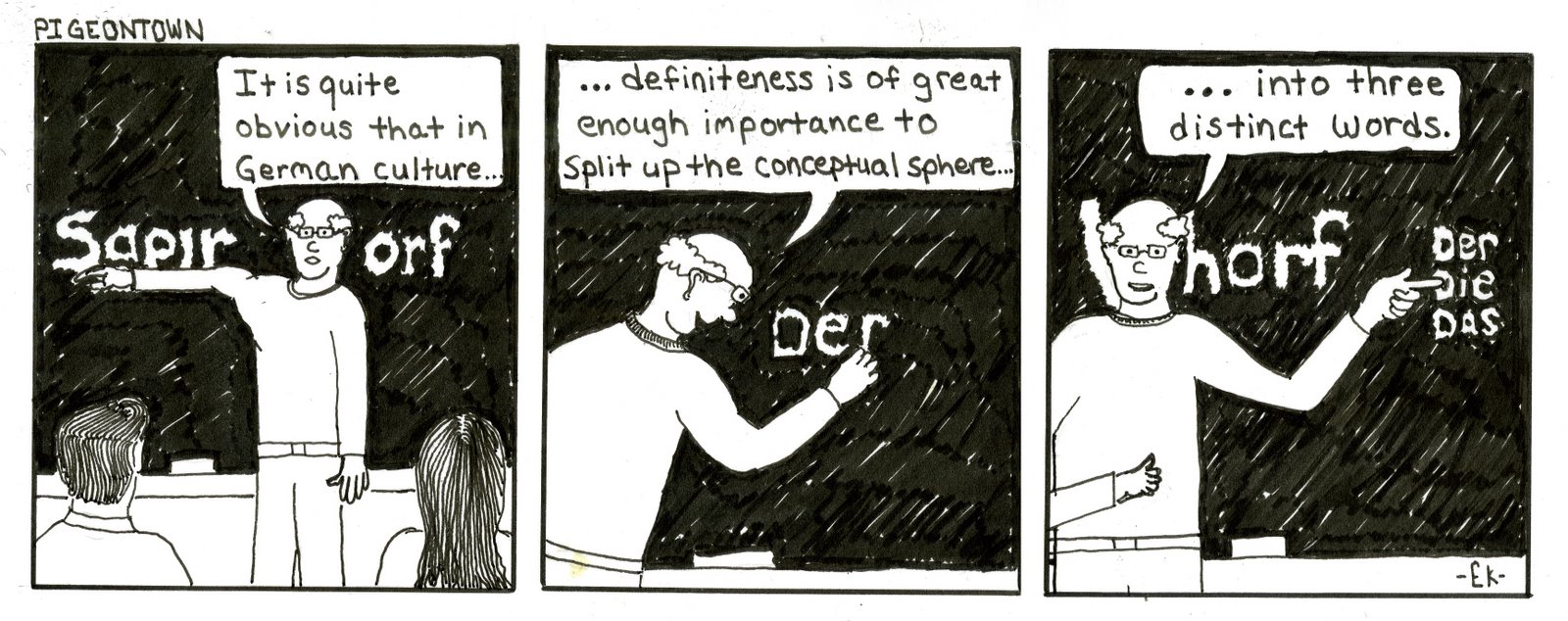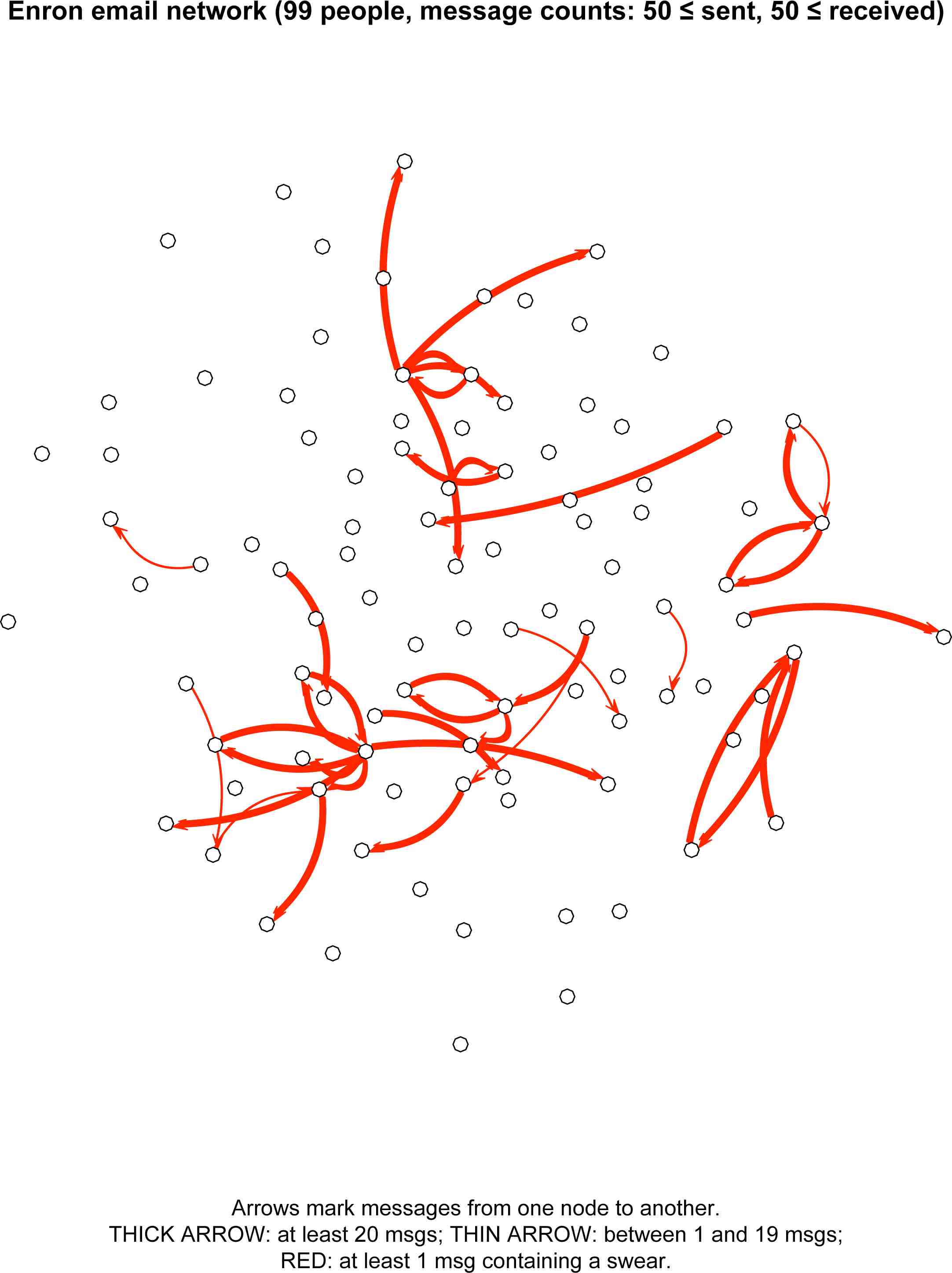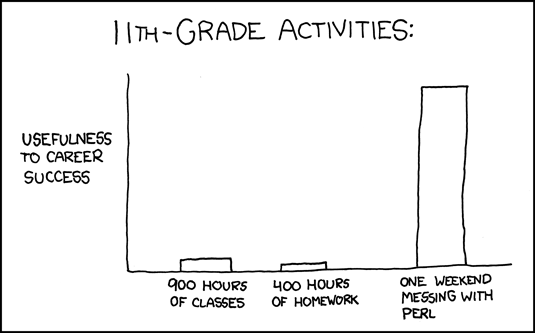This morning's serendipity is the history of gas, which turns out to come from chaos, and to have been coined almost 400 years ago by J. B. Van Helmont in association with another word, blas, that never caught on.
I was curious about a slang use of gas in Edith Nesbit's The Magic City, to mean something like "boastful talk". So I looked it up in the OED, where I was waylaid by the etymology:
[A word invented by the Dutch chemist, J. B. Van Helmont (1577-1644), but avowedly based upon the Gr. χάος (‘halitum illum Gas vocavi, non longe a Chao veterum secretum.’ Ortus Medicinæ, ed. 1652, p. 59a); the Dutch pronunciation of g as a spirant accounts for its being employed to represent Gr. χ; perh. suggested by Paracelsus's use of chaos for the proper element of spirits such as gnomes: see GNOME2.
Van Helmont's statement having been overlooked, it has been very commonly supposed that he modelled his word on Du. geest spirit, an idea found at least as early as 1775 (Priestley On Air Introd. 3). Van H. also invented the term BLAS, which has not survived, while gas has been adopted (usually in the same form) in most European languages; the spelling in F. and Pg. is gaz, which was also employed by English writers for a time.]
Read the rest of this entry »


